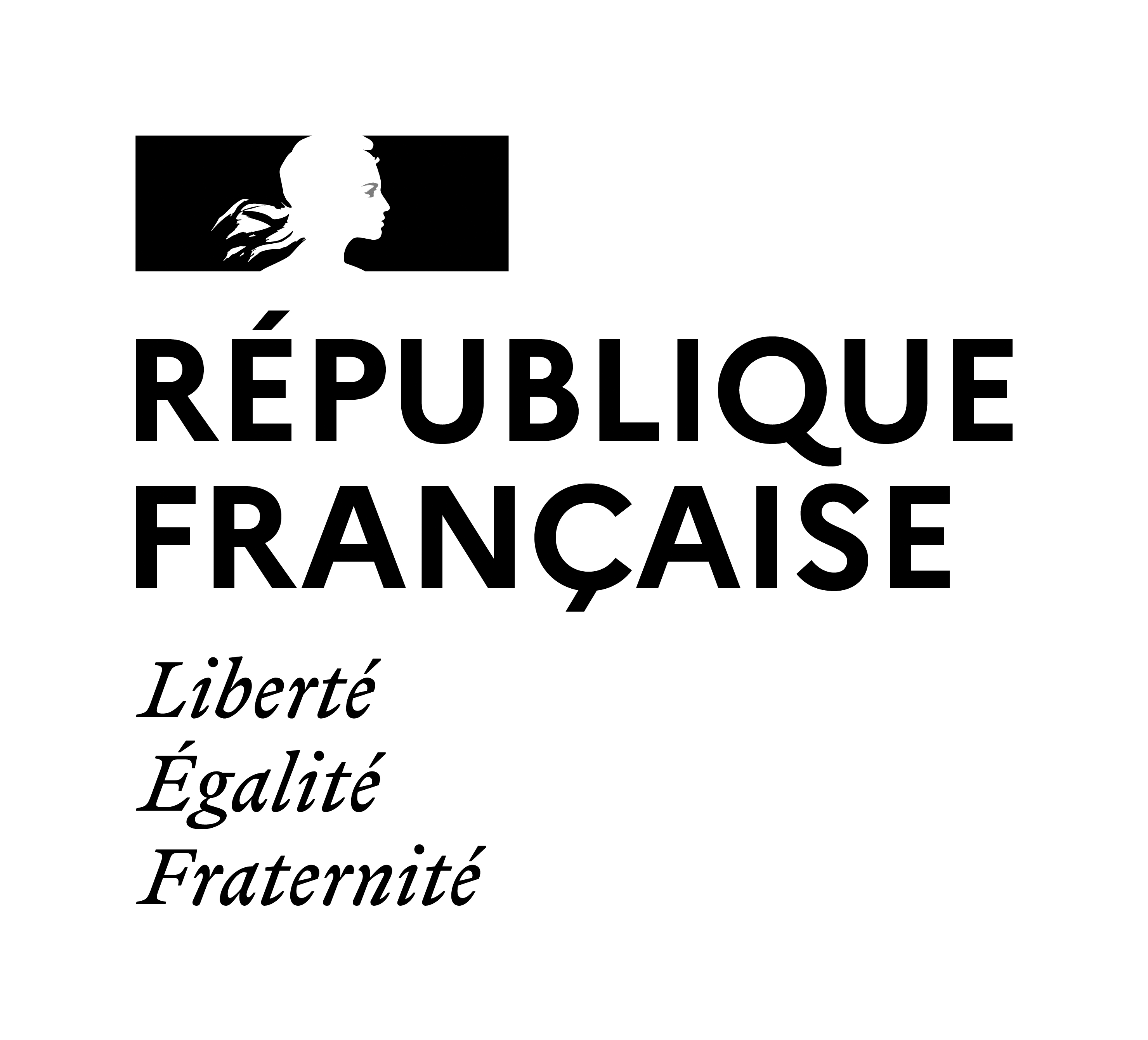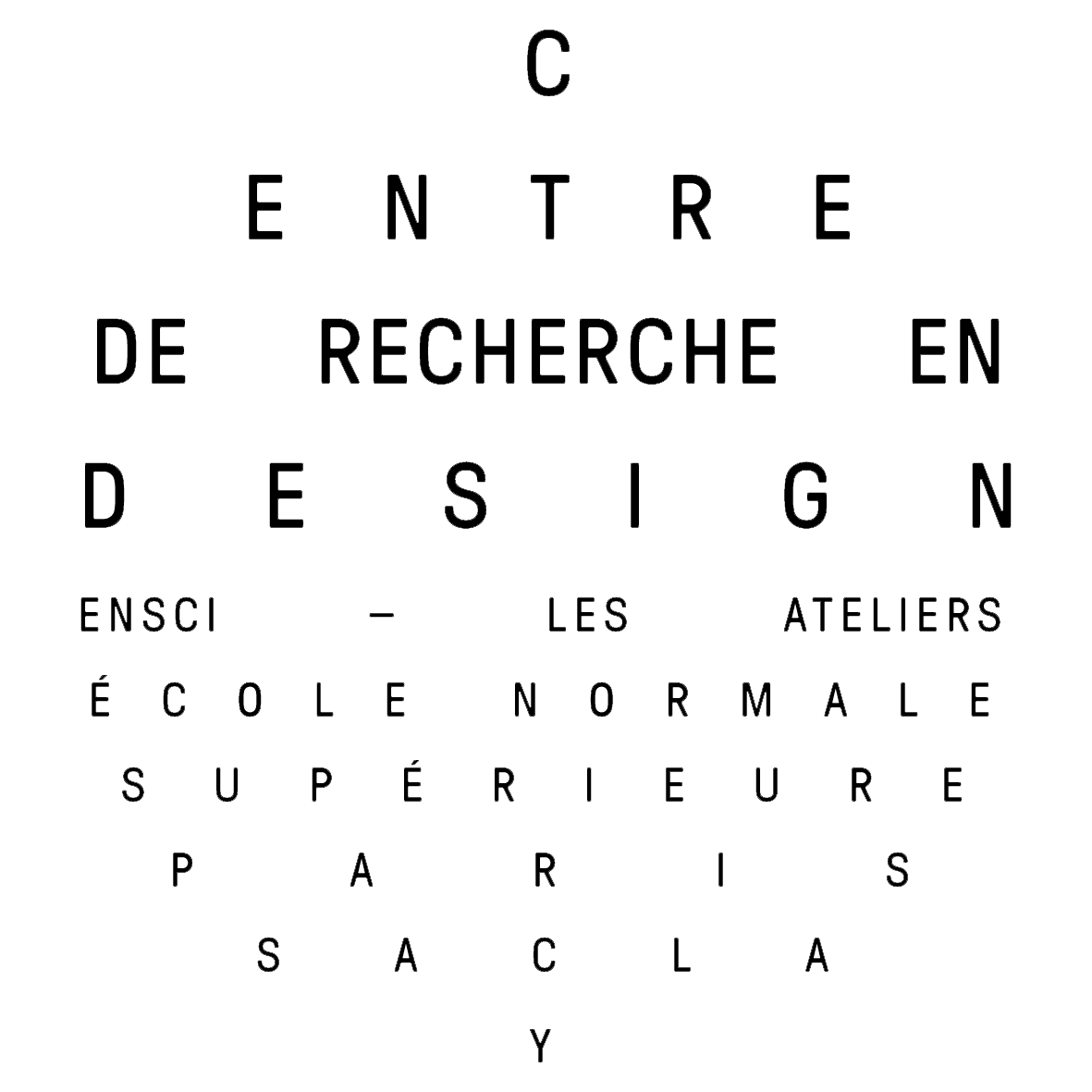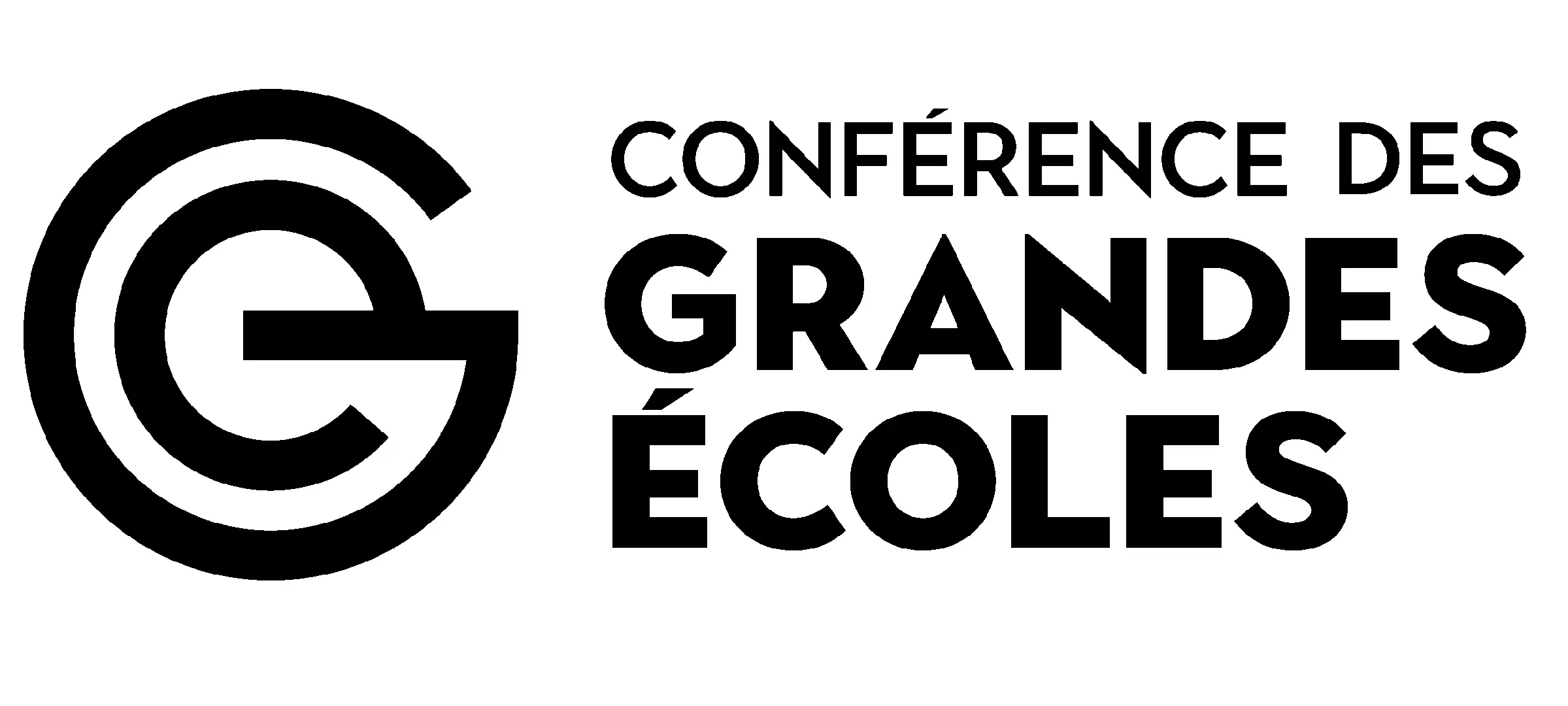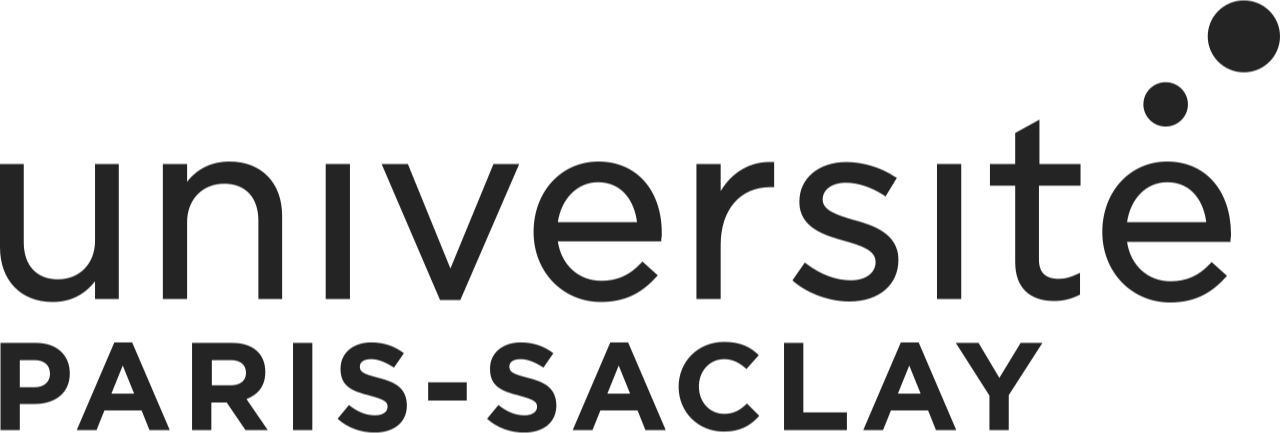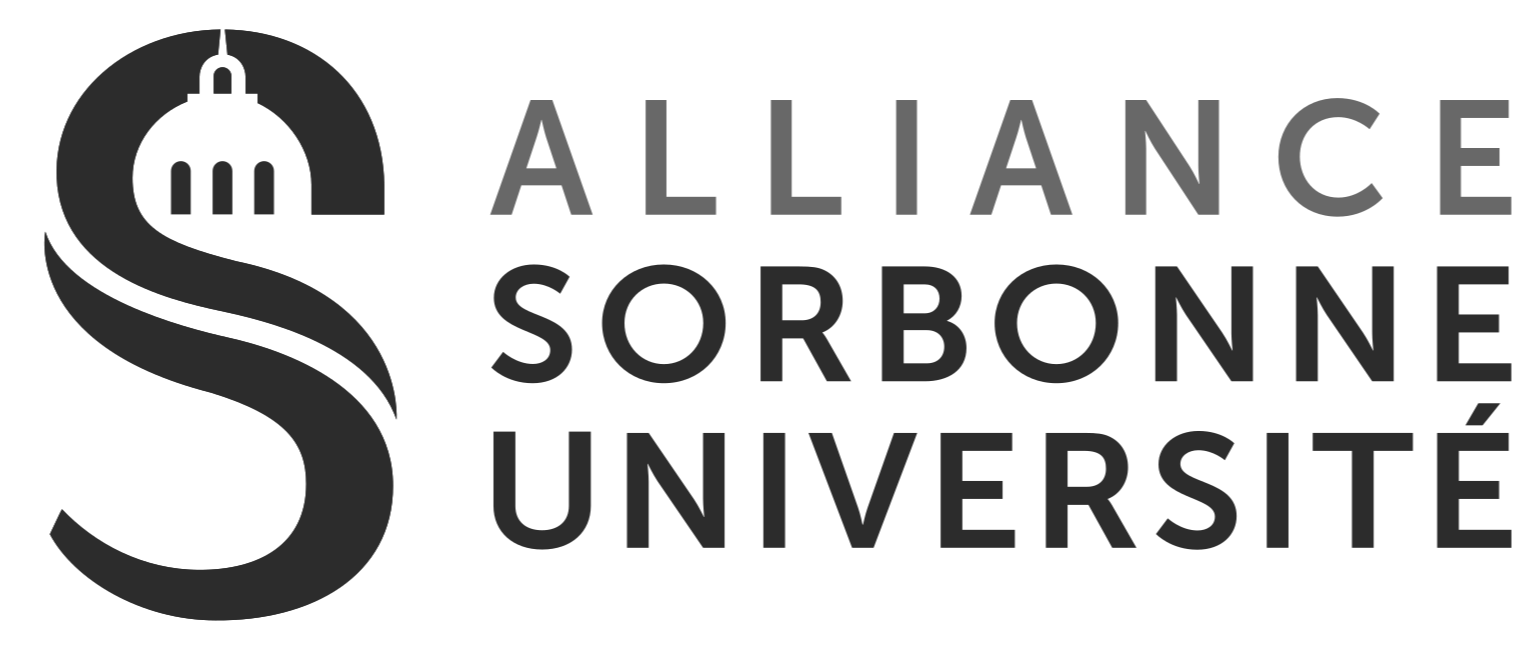TEACHING METHODS
PROJECT REALIZED FOR PREMIÈRE VISION ACCESSORIES 2018

THE TEXTILE WORKSHOP
This workshop is conceived as a laboratory space for free experimentation. ‘Doing’ is central to creation, and production is not seen as the end result of a thought process, but as one stage on a journey. The industrial context remains essential, and feasibility is always an issue; nevertheless, students are encouraged to conduct every kind of textile experiment, within which craftsmanship is seen as complementary to production solutions or potentially inspiring new technologies.
Resources specific to textiles - weaving looms controlled by Pointcarré software, jacquard looms, knitting machines, dyeing lab, press, screen printing workshop and finishing lab - are all supported by an extensive and diverse stock of natural and technical materials and yarns.
There is also a constantly updated fabric library specialising in high-performance industrial fabrics.
TEXTILE CREATION STUDIO
TEXTILES AND CONTEMPORARY CHALLENGES
EXPLORATORY TEXTILES
The Textile Design teaching methods are built around the permanent relationship between the technical and theoretical sessions, and the practical design practice in Project Workshops.
COURSE MODULES
THREE DIMENSIONALITY
The aim here is to provide students with the resources they need to express their personal creativity through making, as well as by communicating a concept or finished piece. Drawing, colour, photography, video, expertise in the use of graphic software, monitoring of cultural trends and image searching all help to sharpen perceptions and build essential vocabulary.
TEXTILE CONSTRUCTION TECHNIQUES
These learning sessions create a very close relationship between theory and practice. Thread intersection techniques, knitting, finishing processes, 3D printing and connected textiles are all experienced with - and challenged - as part of enabling creative projects and exploring new materials.
TEXTILE CULTURES
These learning sessions lay the foundations of a textile culture through the history of textile design (decoration and ornamentation) and manufacturing and digital techniques, including monitoring trends in new fibre and textile technologies, advanced materials and visits to production facilities.
Textile Design students also have access to a broad range of learning sessions shared with the Industrial Design course: Critical Thinking, Digital Cultures & Expertise, The Frontiers of Design, etc.
THE PROJECT WORKSHOPS
These workshops provide an immersive space within which students adopt their personal positioning and develop their practice as designers. Every phase of project development is covered, from evolving a concept to the detailed development of textile materials. The majority of Project Workshops are run under partnerships with manufacturers, organisations or institutions. In this way, problems and challenges are identified in collaboration with the partner, which is involved throughout the semester and contributes from the perspective of an educational vision. Interventions from experts and professionals working in the area covered by individual workshops complement the learning programme. Some of these partnerships are shared with the Industrial Design course.
Workshop content changes every semester, but there are always at least two workshops for students to join, based on their interests rather than their year of study. Each workshop becomes the space of collective adventure where interaction is encouraged to stimulate creativity and the group dynamic.


